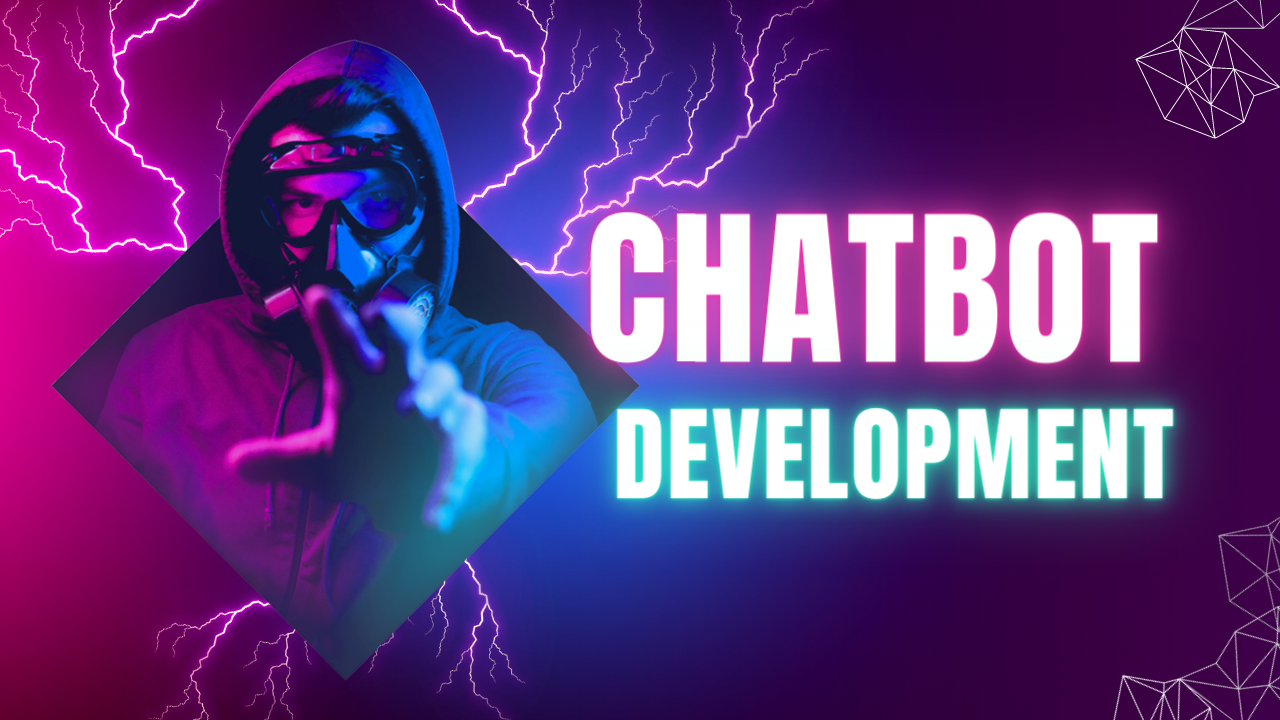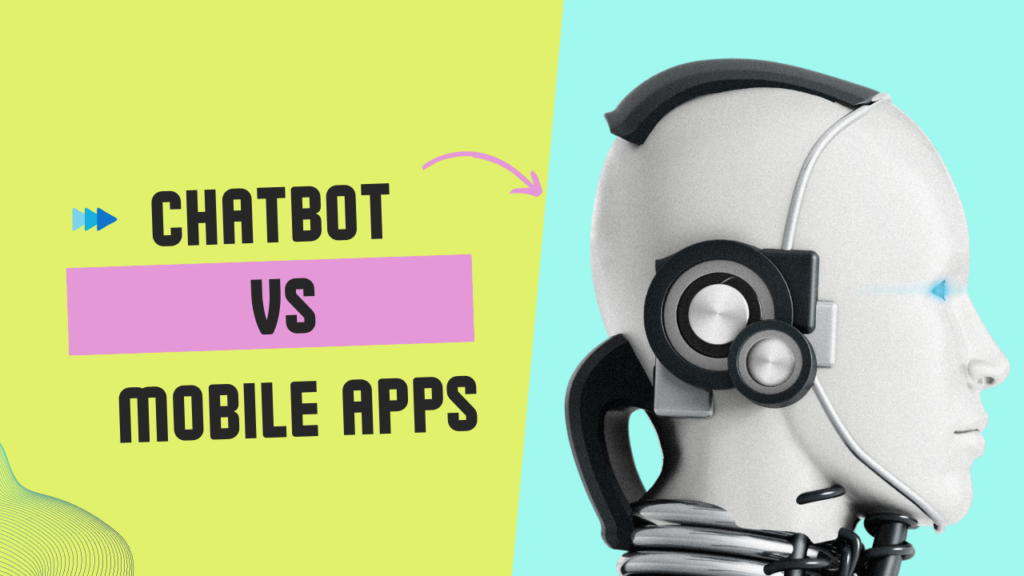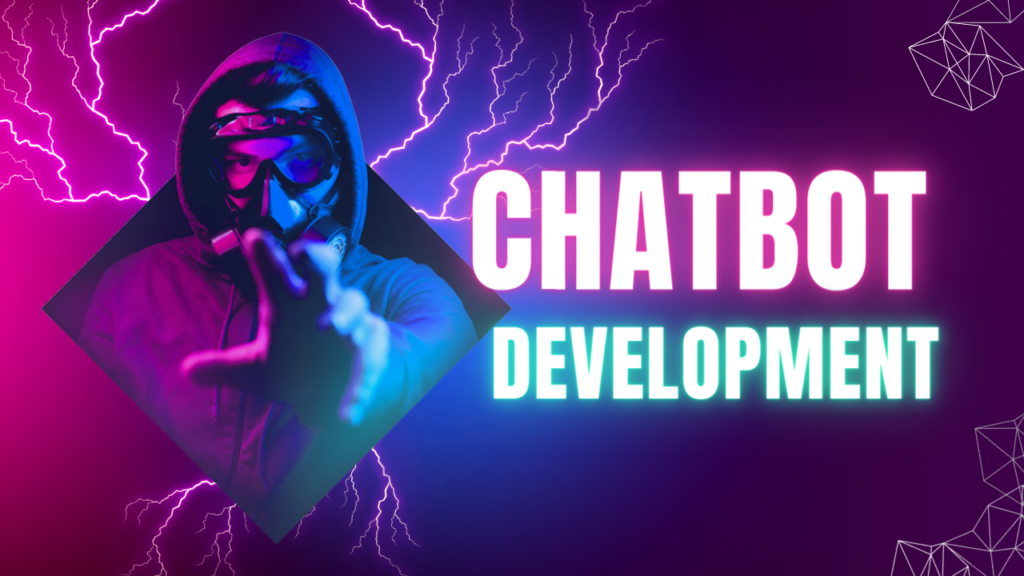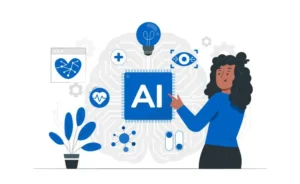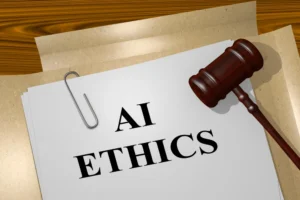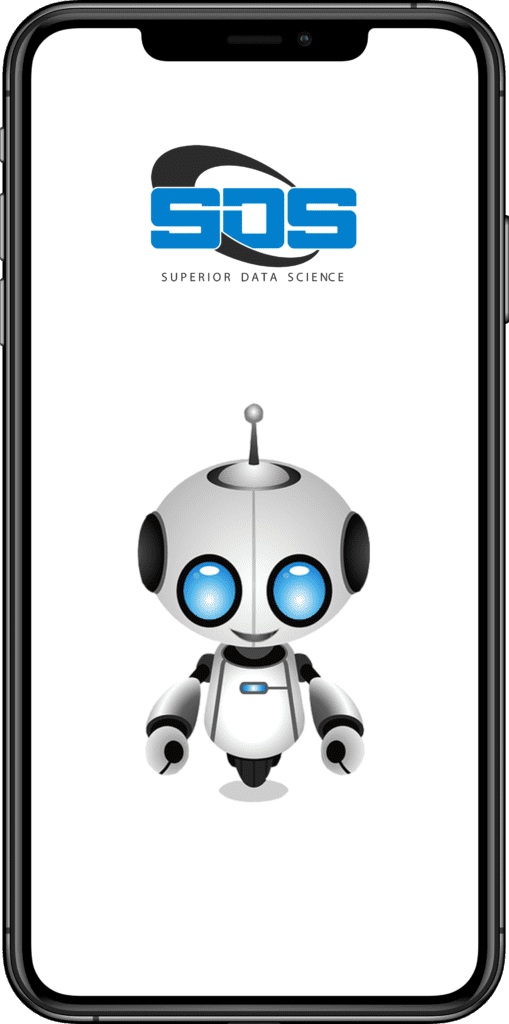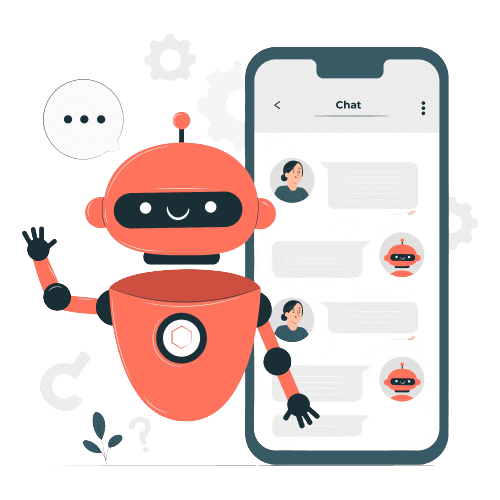In the ever-evolving landscape of technology, the rise of chatbots has sparked a fascinating debate: Will chatbots replace mobile apps in the future? As we witness the proliferation of conversational AI and the growing capabilities of chatbots, it’s worth exploring the potential scenarios and implications of this transformative trend.
The Chatbot Revolution:
Chatbots, powered by artificial intelligence and natural language processing, have rapidly gained prominence in recent years. These virtual assistants are designed to engage with users in a human-like manner, providing information, assistance, and even entertainment. They can be integrated into various platforms, including websites, messaging apps, and even voice-activated devices like smart speakers, often with the expertise of skilled chatbot API developers who enable their seamless functionality. The role of a chatbot API developer is crucial in ensuring that these virtual assistants deliver a smooth and efficient user experience.
The Dominance of Mobile Apps:
integral part of our daily lives, serving as gateways to information, services, and entertainment. From social networking to e-commerce, mobile apps offer a versatile and immersive user experience. However, the very success of mobile apps has spurred innovations in chatbot technology, leading to the question of whether chatbots, developed by companies developing chatbot, will disrupt this dominance.
The Case for Chatbots Replacing Mobile Apps:
1.Convenience and Accessibility:
Chatbots provide a streamlined and accessible way to interact with services and information, often with the capability to develop chatbot functionality that allows users to engage directly within a messaging app they already use daily, eliminating the need to download and install a separate mobile app.
2.Simplified User Experience:
Chatbots are designed to offer user-friendly interactions, often with the goal of using chatbot development pan to guide users through tasks and processes, making complex operations more straightforward, which can be especially advantageous for less tech-savvy individuals.
3.Cost-Efficiency:
Developing and maintaining mobile apps can be resource-intensive. Chatbots, on the other hand, often require fewer resources to build and deploy. This cost-efficiency may lead businesses to prefer chatbot solutions.
4.Real-Time Engagement:
Chatbots, often created by companies developing chatbot, enable real-time engagement and instant responses. They can provide personalized recommendations, answer questions, and assist with transactions immediately, enhancing user satisfaction.
5.Cross-Platform Integration:
Chatbots can be integrated seamlessly into multiple platforms, including websites, messaging apps, and social media, often with the expertise of a skilled chatbot API developer. This flexibility allows businesses to meet users where they are, rather than relying solely on a dedicated app.
The Challenges and Limitations:
While chatbots offer compelling advantages, they also face challenges that could hinder their complete takeover of mobile apps:
1.Complexity of Tasks:
While chatbots excel at handling routine and straightforward tasks, they may struggle with more complex operations that mobile apps can accommodate.
2.User Adoption:
Convincing users to embrace chatbots as a primary means of interaction can be a gradual process. Users may initially be resistant to change or concerned about data privacy and security.
3.Technological Limitations:
Chatbots rely heavily on natural language understanding and AI. While these technologies have advanced significantly, they are not infallible and may sometimes misinterpret user inputs.
4.Offline Access:
Mobile apps can offer functionality even when users are offline. Chatbots, being reliant on an internet connection, may not provide the same level of access in all scenarios, unless specific measures are taken to develop chatbot functionality for offline interactions.
5.Customization and Personalization:
Mobile apps allow for highly tailored experiences. While chatbots can be personalized to some extent, they may not match the depth of customization possible with mobile apps, even with advanced chatbot development pan.
The Future Landscape:
It’s unlikely that mobile apps will disappear entirely. Instead, the future may witness a coexistence of mobile apps and chatbots, each catering to specific use cases and user preferences. Businesses, with the expertise of skilled chatbot API developers and Companies developing chatbot, will need to carefully evaluate their target audience, the nature of their services, and the user experience they aim to provide when deciding between these two technologies. Moreover, advancements in technology may bridge the gap between mobile apps and chatbots. For example, progressive web apps (PWAs) combine the benefits of both worlds by offering app-like experiences through web browsers. PWAs can be accessed through a web link, providing the convenience of chatbots while offering the functionality of mobile apps.
Conclusion:
In conclusion, the question of whether chatbots will replace mobile apps in the future is not a matter of substitution but rather a shift in how users interact with digital services. While chatbots offer distinct advantages in terms of accessibility, cost-efficiency, and real-time engagement, mobile apps provide a depth of functionality and customization that remains unparalleled. As technology continues to evolve, we can expect a hybrid ecosystem where both mobile apps and chatbots coexist, each playing a vital role in meeting user needs and preferences.



